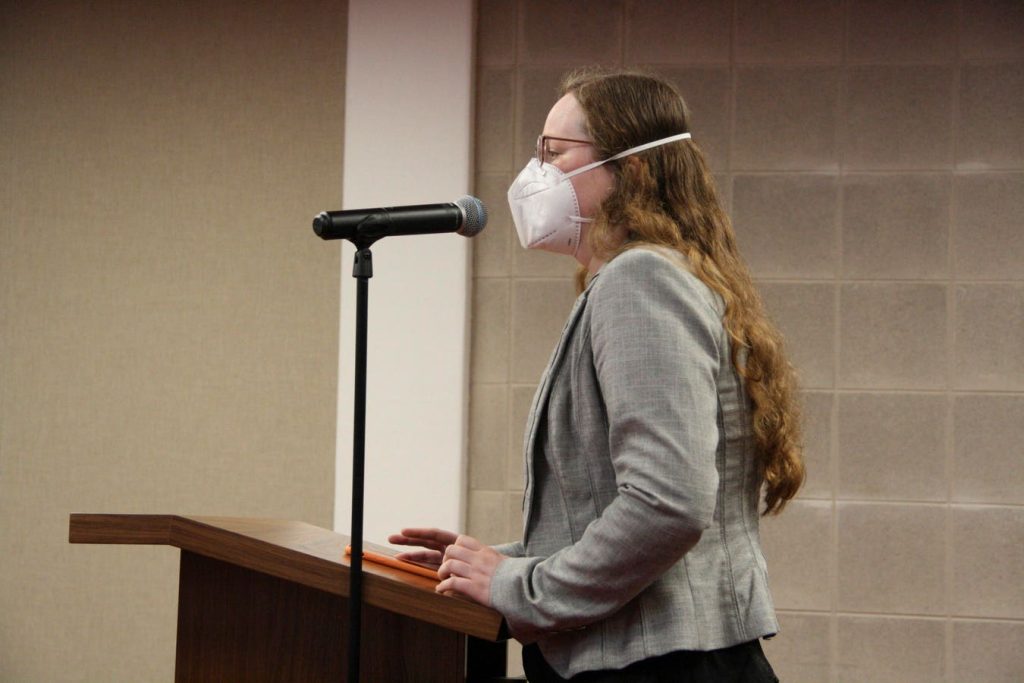The North Carolina State Senate recently passed a bill along party lines to ban wearing masks in public, reviving anti-mask laws that were initially enacted in response to the Ku Klux Klan 70 years ago. The bill repeals an exception added during the Covid-19 pandemic that allowed people to wear masks for health and safety reasons. Republican supporters of the ban argue that it will help law enforcement crack down on protesters, particularly those supporting Palestine, who they claim are using masks to hide their identities. If a person is arrested for protesting while masked, the proposed law would escalate the severity of the misdemeanor or felony charge by one level.
Democrats in North Carolina have expressed concerns about the bill, especially for individuals with compromised immune systems or those undergoing cancer treatments who may need to continue wearing masks. Former Surgeon General Jerome Adams also shared his concern on Twitter, pointing out that penalizing vulnerable individuals for following medical advice to protect their health is troubling. People with legitimate health reasons to wear masks, such as asthma sufferers or those exposed to smoke and other pollutants, are also at risk of being affected by this law.
The proposed ban includes exemptions for activities like Halloween costumes or certain types of work that may require face coverings. There is also an exception allowing members of secret societies to wear masks in parades or demonstrations with a permit. This has raised questions about whether groups like the Ku Klux Klan, with a history of organizing rallies in North Carolina, could be protected under the proposed law. Democratic State Senator Sydney Batch questioned the logic of protecting hate groups while penalizing vulnerable individuals who need to wear masks for health reasons.
Legal experts have pointed out potential constitutional concerns with the ban, similar to arguments made against mask mandates during the pandemic. The American Civil Liberties Union has criticized the law for targeting individuals wearing masks while protesting against the war in Gaza, suggesting it is selective prosecution of a specific movement. The debate over the constitutionality of the ban could lead to legal challenges if the bill becomes law. The legislation now moves to the House for a vote and then to Governor Roy Cooper, who is expected to veto it. However, the Republican supermajority in North Carolina could override a potential veto.
The ban on wearing masks in public highlights a contentious issue that pits public safety concerns against individual freedoms. The history of anti-mask laws tied to the Ku Klux Klan adds a historical dimension to the debate, as lawmakers in North Carolina grapple with balancing security concerns with the rights of individuals to protect their health. The impact of the proposed law on different groups, from protesters to people with medical conditions requiring masks, raises questions about the potential unintended consequences of such legislation. As the bill progresses through the legislative process, the debate over the ban on masks in public is likely to continue drawing scrutiny and criticism from various stakeholders.


